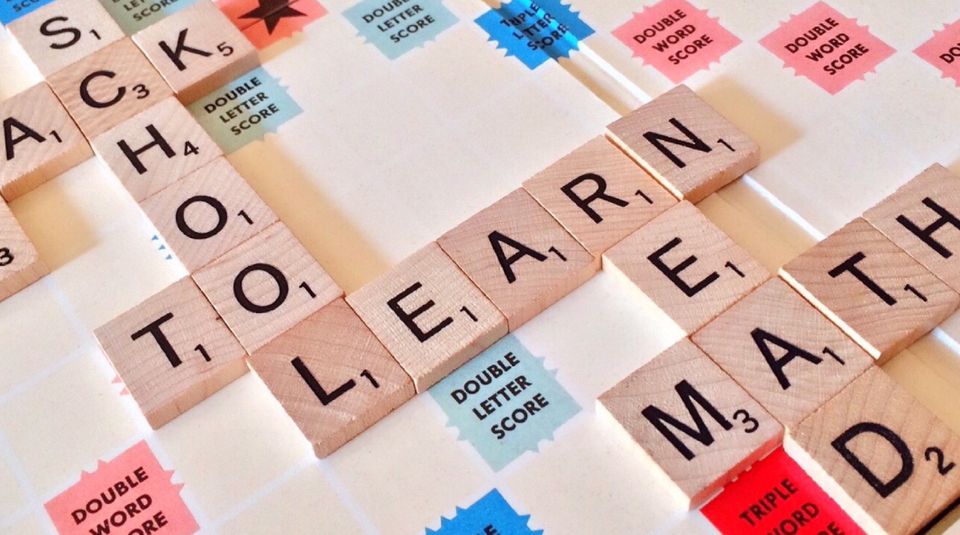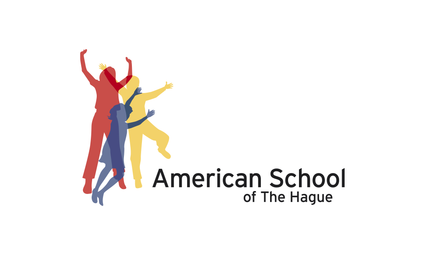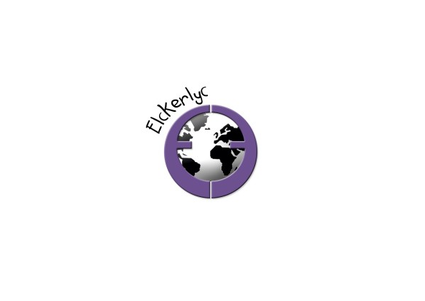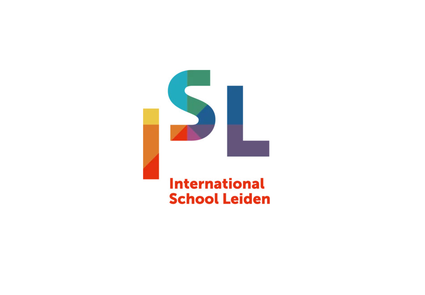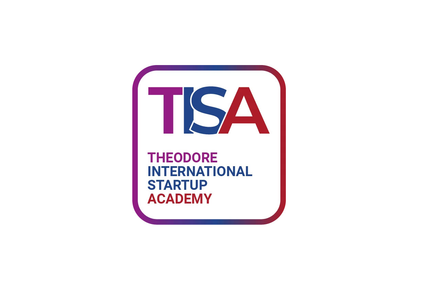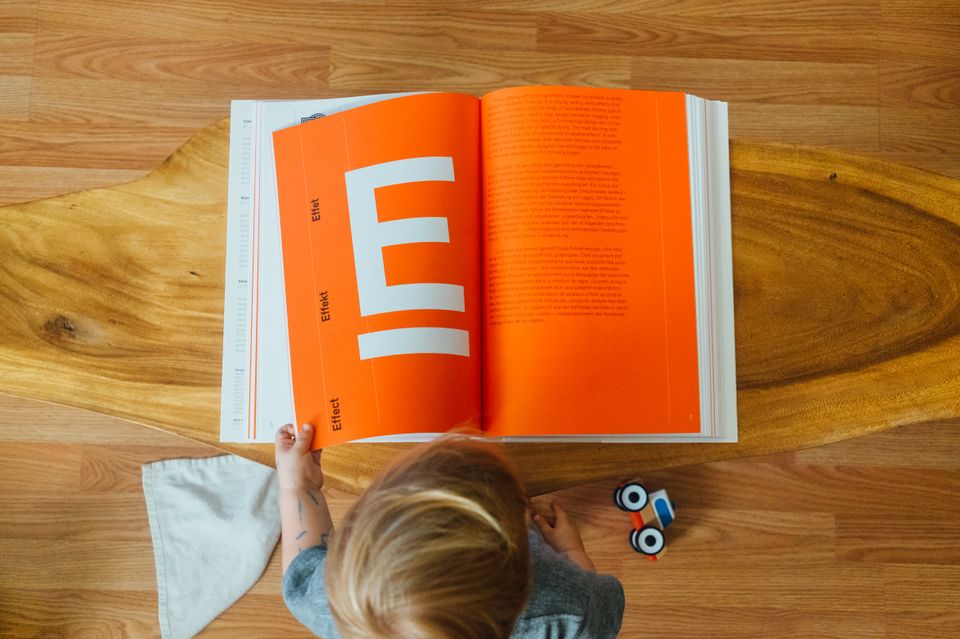Schooling for children aged four to twelve
Although by law children are not required to start school until the age of 5, most start the first day after their fourth birthday. This means that everyone starts school on a different day throughout the year. At age 4 a child starts in grade 1, which is called ‘groep 1’ in Dutch. Groep 8 (age 11 or 12) is the last grade of primary school, after which pupils proceed to secondary school.
Most schools combine groups 1 & 2. The children in this group are called ‘kleuters’, and the group is known as ‘kleuterklas.’ In ‘kleuterklas’ the focus is on learning through play, social skills, fine and gross motor skills, structure, and gradual preparation for reading and writing. Formal reading and writing starts in group 3 (age 6).
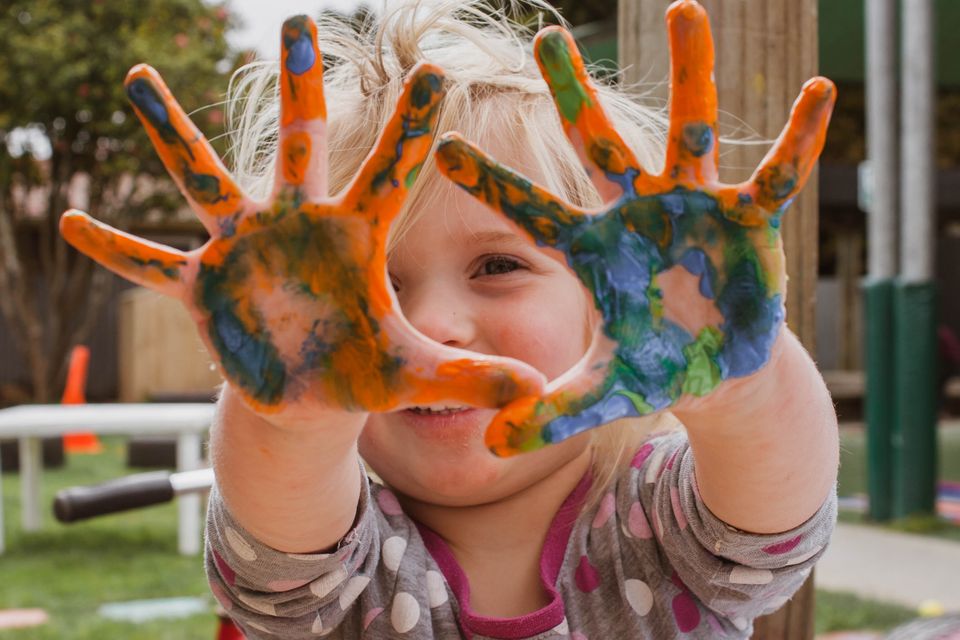
Find out more about the differences between Dutch and International schools on our page: How to choose the right school
Foreign children in Dutch schools
4- and 5-year-olds who don’t speak Dutch can usually start a regular primary school straight away. They tend to pick up the language quickly and are (almost) fluent before the ‘real learning' starts at age 6. Ask the school about possibilities for extra language lessons for non-Dutch children. Children aged 6 and older are usually required to follow a Dutch immersion programme first. This takes about one year, after which they can continue their education with children of the same age at a regular school.
Dual-Language Pathway Programs
If you're interested in schools that offer English-Dutch dual-language education here are some options closer to the Leiden region:
